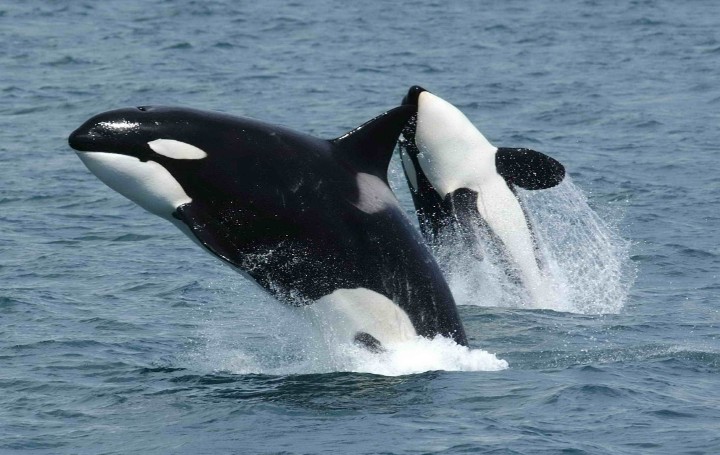More information about Orca interactions off Spain and Portugal
In 2020, several groups of Orca whales were encountered between 2 and 8 nm from the coast off the Iberian Peninsula that interacted with yachts both sailing and motor-sailing. Above all, medium-sized yachts equal to or less than 15m have been affected with structural damage to the rudder in some.
The Orca chase the Tuna until it gets totally exhausted, even paralysed, and the parts that the whales prefer is the belly of the Tuna which is the meatiest. It is still not known why the Orca whales go for the rudder, but it could be totally unrelated to the fact that they prey on Tuna.
The "Action plan" for yacht skippers devised by the Portuguese and Spanish authorities in March 2021 is as follows:
a. STOP the boat (take down the sails), leave the wheel loose if sea conditions and pilotage allow it.
b. Contact the authorities (by phone on 112 or by radio on channel 16)
c. Take hands off the steering wheel and secure the boat for possible collision affects.
d. Do not shout at the animals, do not touch them with anything or throw things at them, do not let yourself be seen unnecessarily. But if you have a camera phone, or other device, record the animals especially their dorsal fins, to help identify them. All information of this sort should be sent by email to: gt.orcas.ibericas@gmail.com
e. After a while check operation of the rudder, and if necessary request assistance from the authorities through VHF channel 16 or phone on 112.
f. Make notes of the interaction:
i. Date/time:
ii. Position:
In 2020 a call was made cautioning the media to focus information “on knowledge and conservation” instead of creating “animosity” towards Orcas. Biologists reminded everyone that “this species is classified as vulnerable in the catalogue of threatened species and that Spain has specific protection standards for them.”
Sincere thanks go to Ruth Esteban, PhD of the Madeira Whale Museum who has supplied much of this information.

